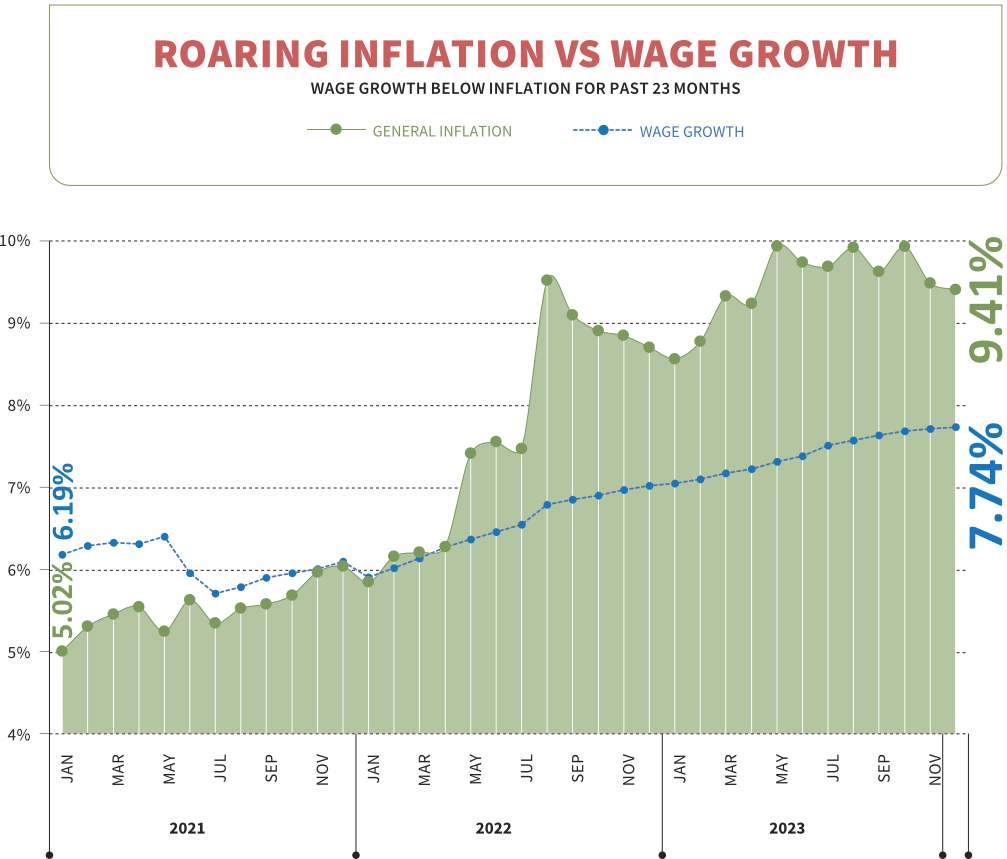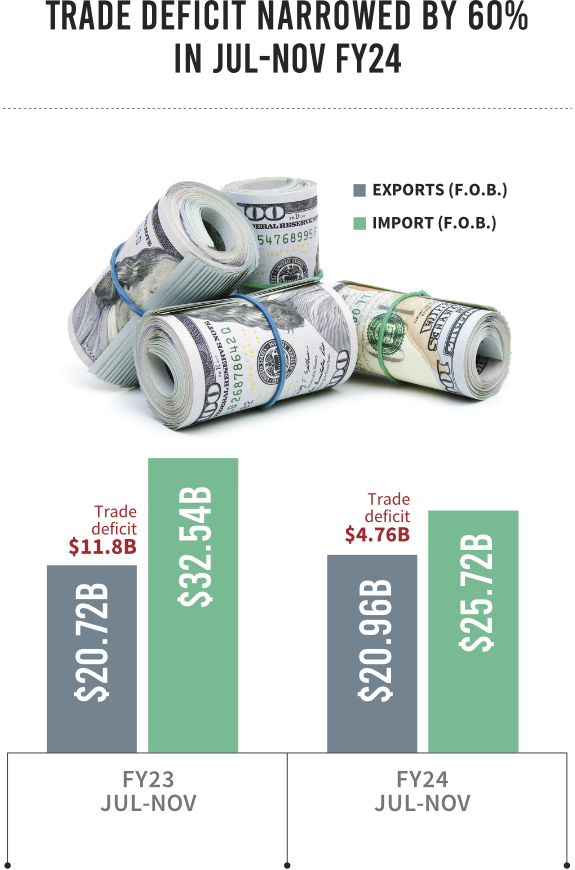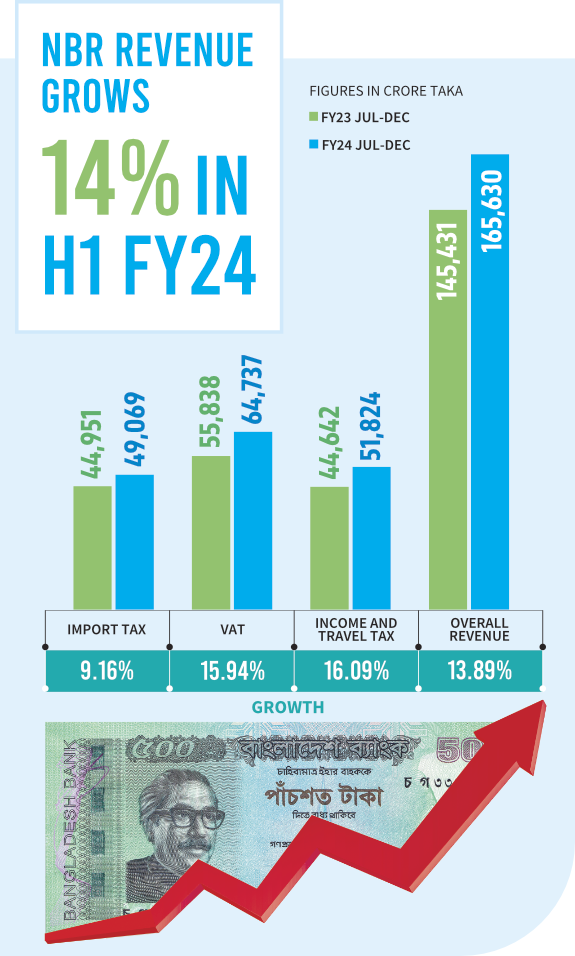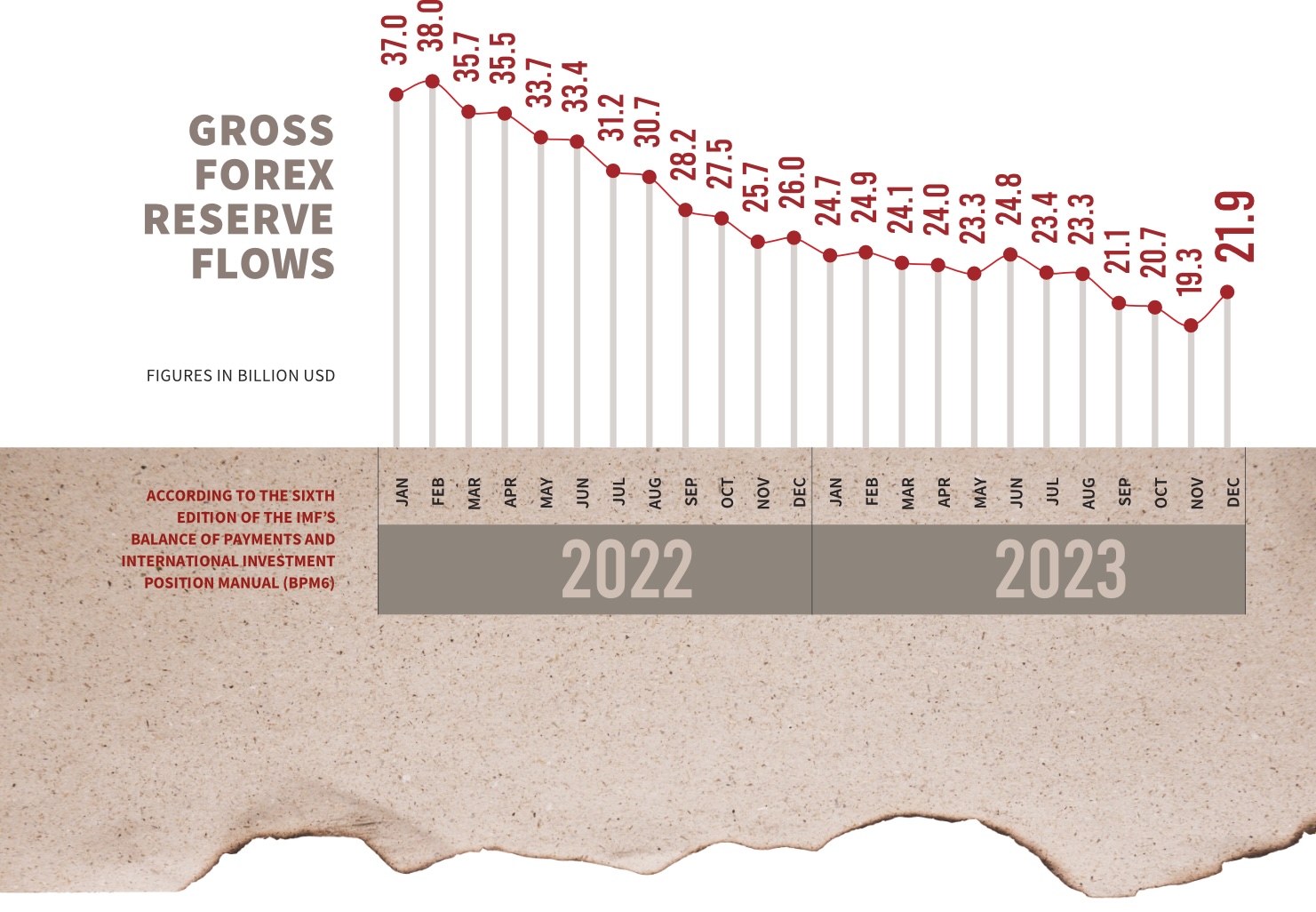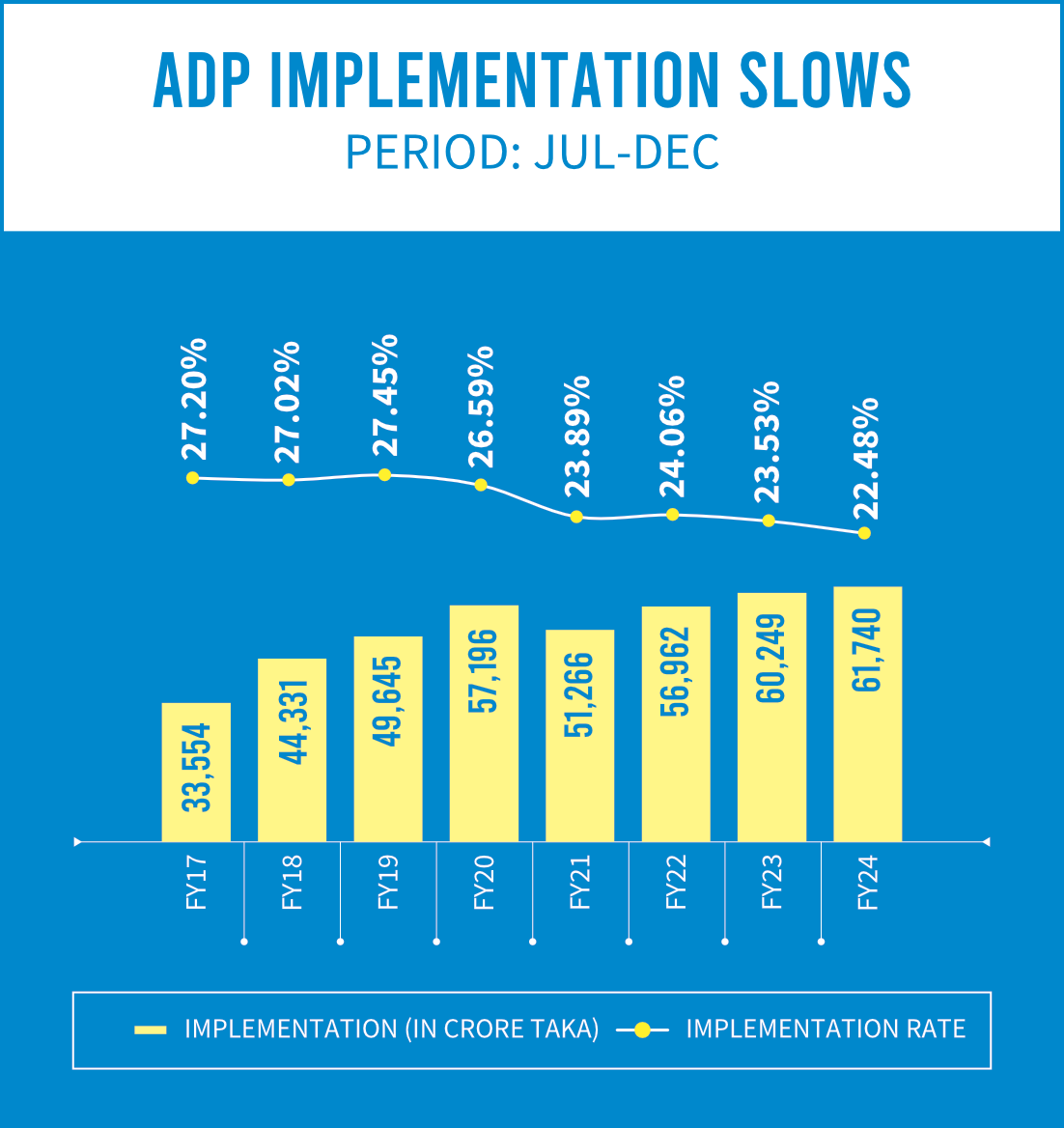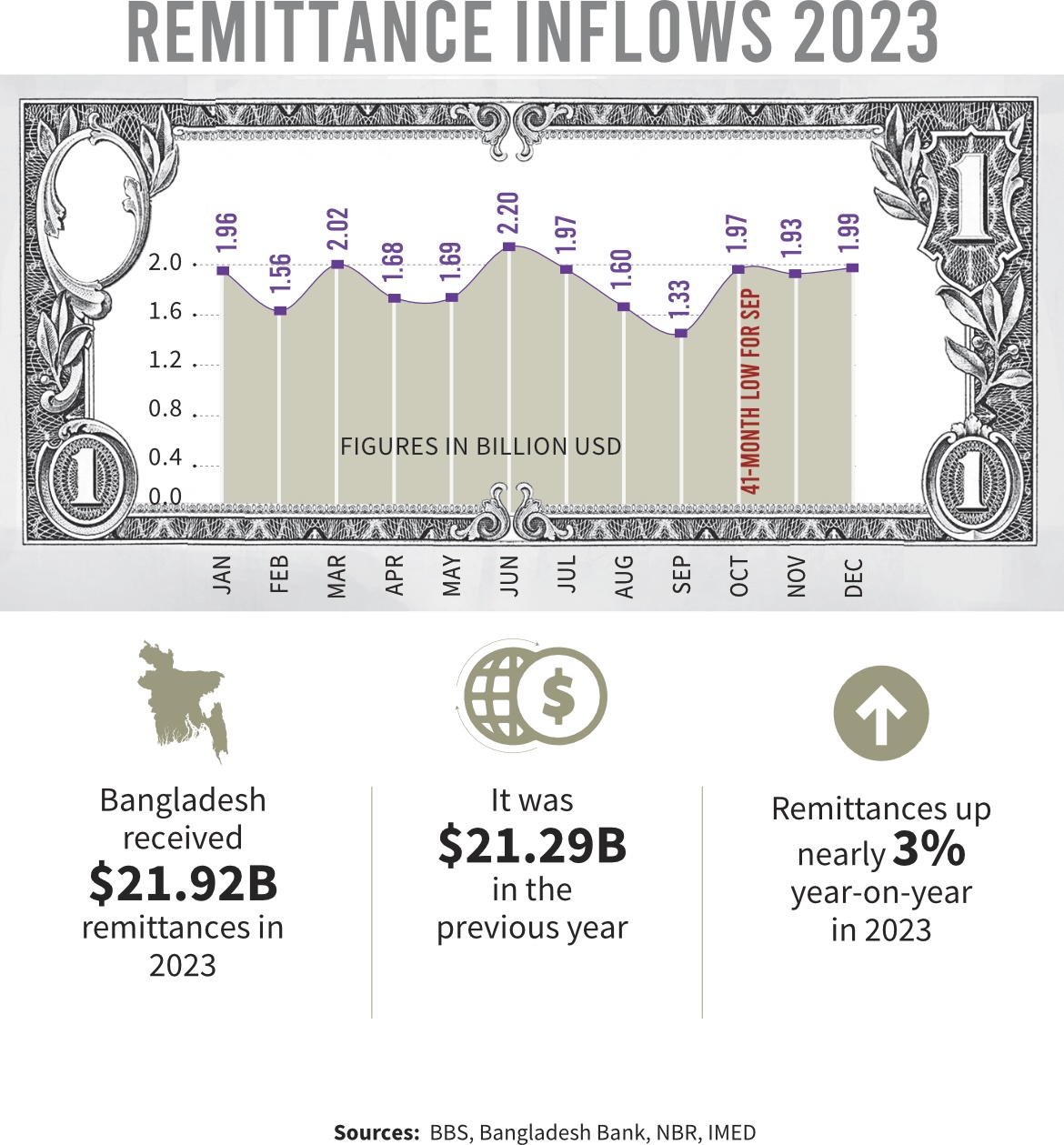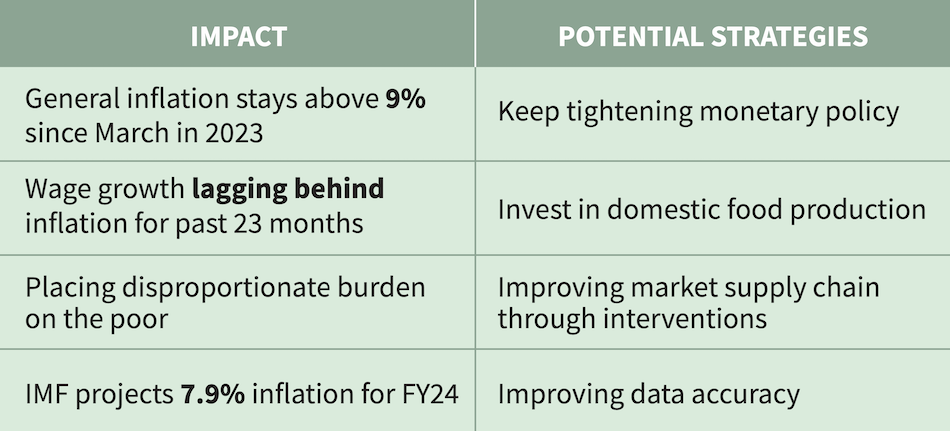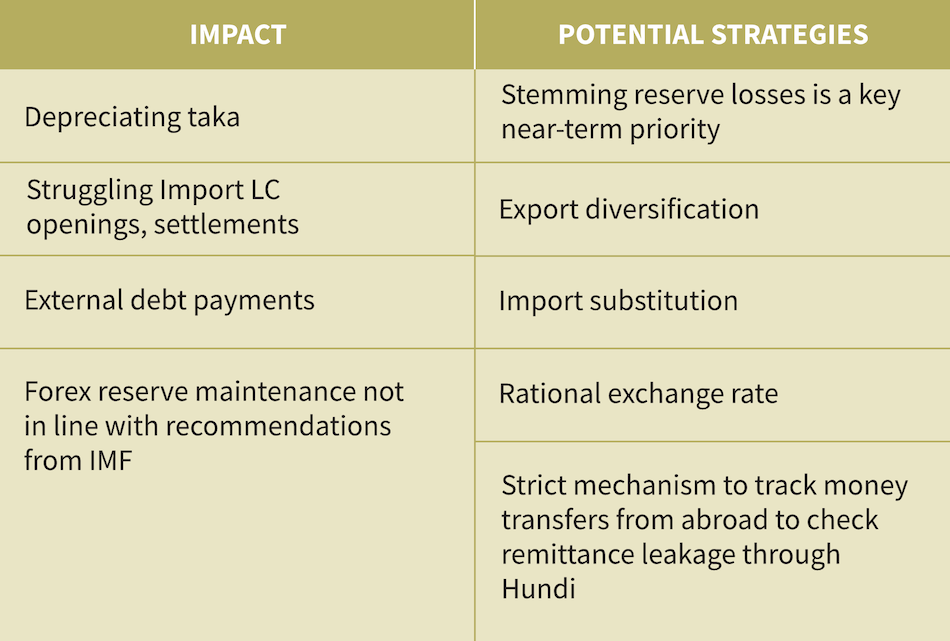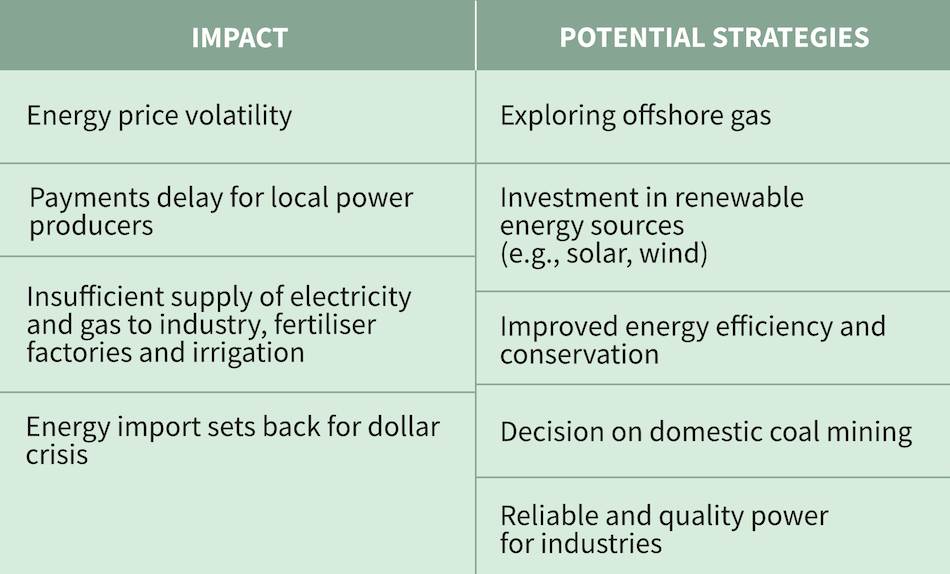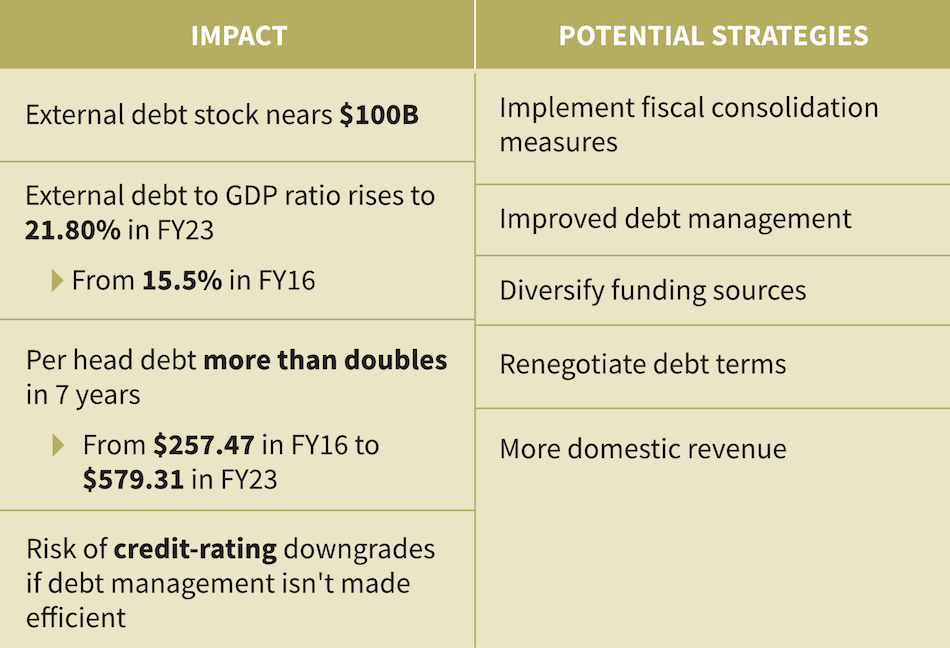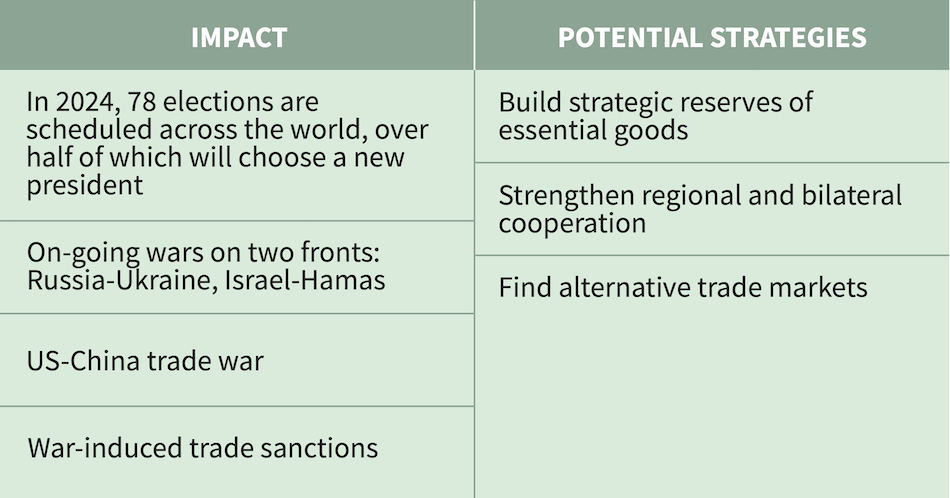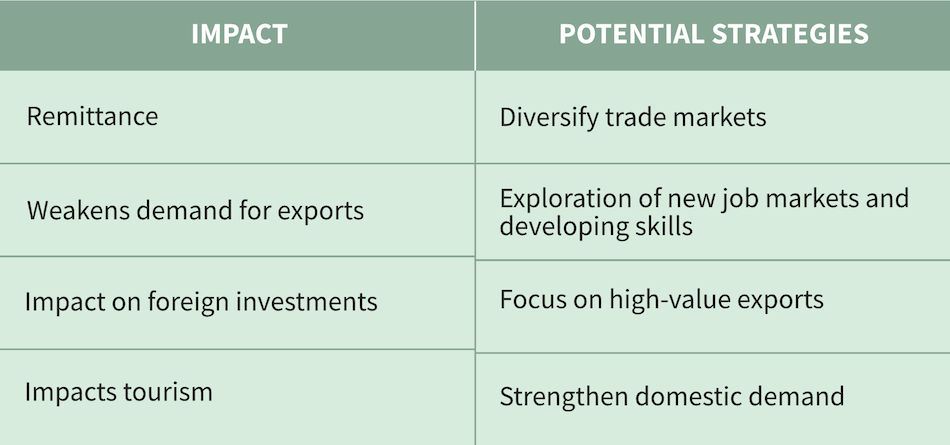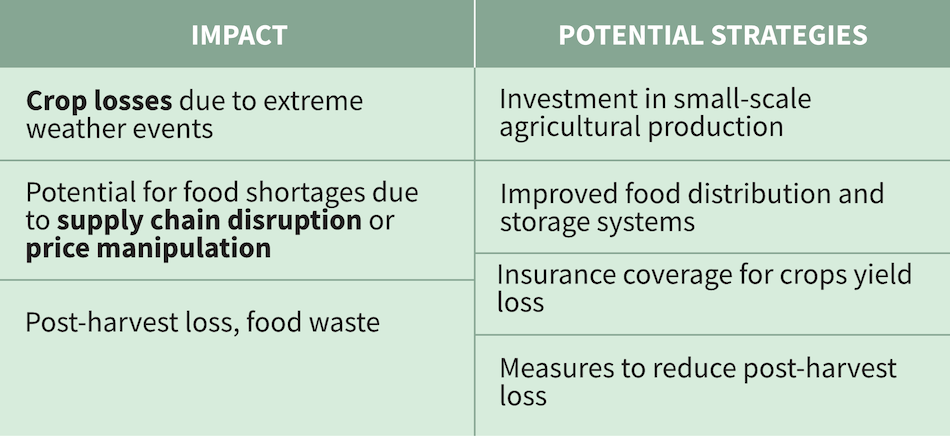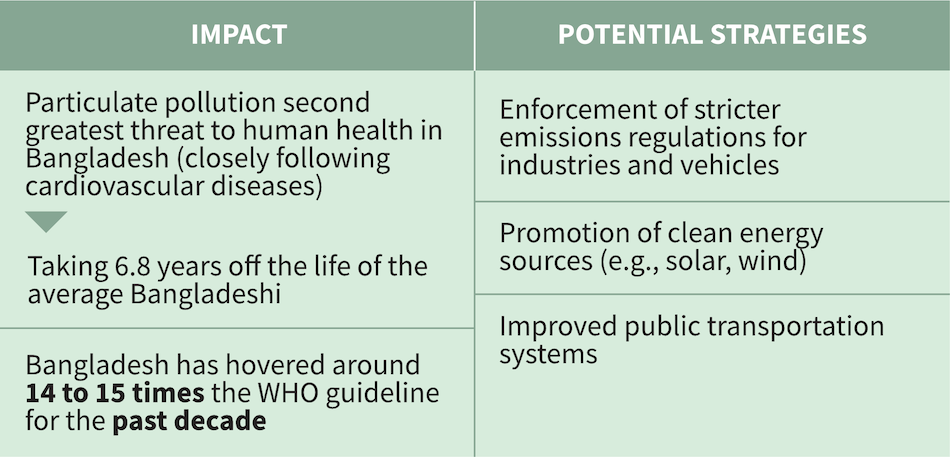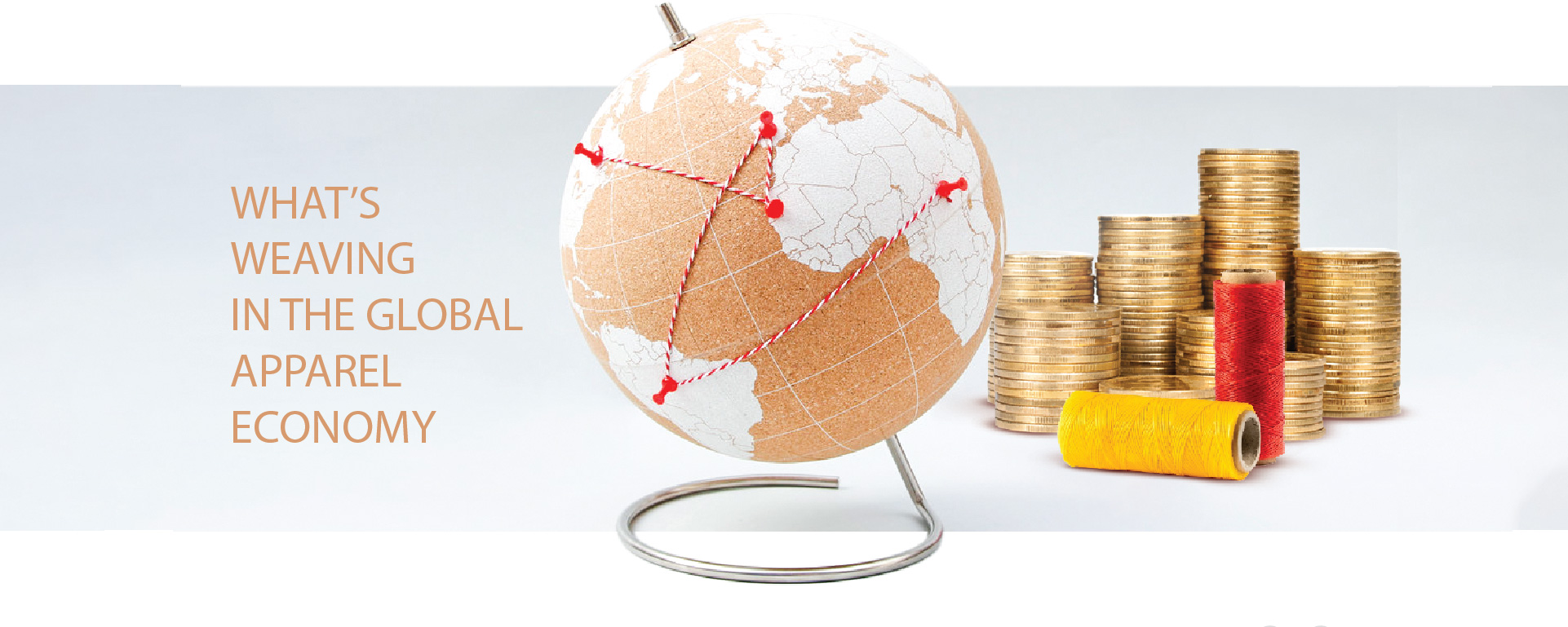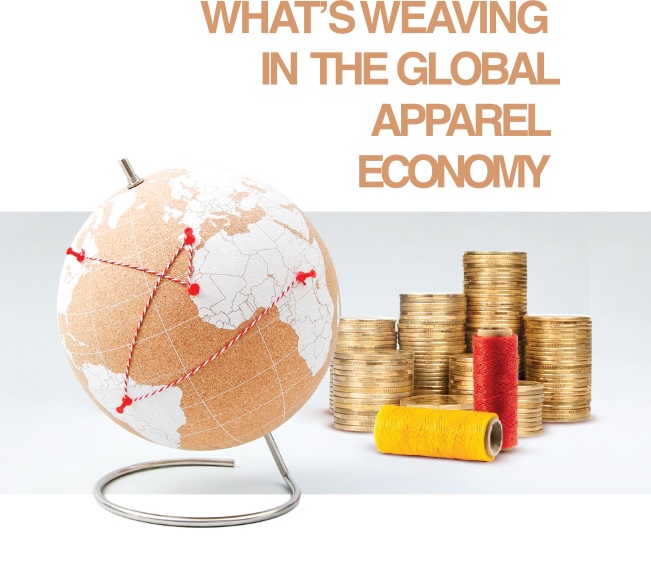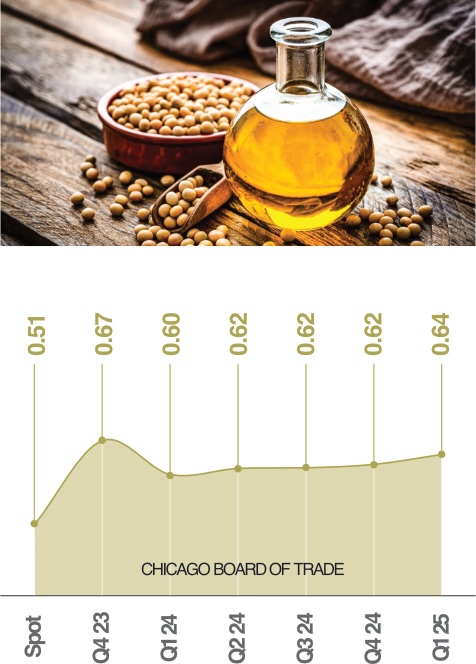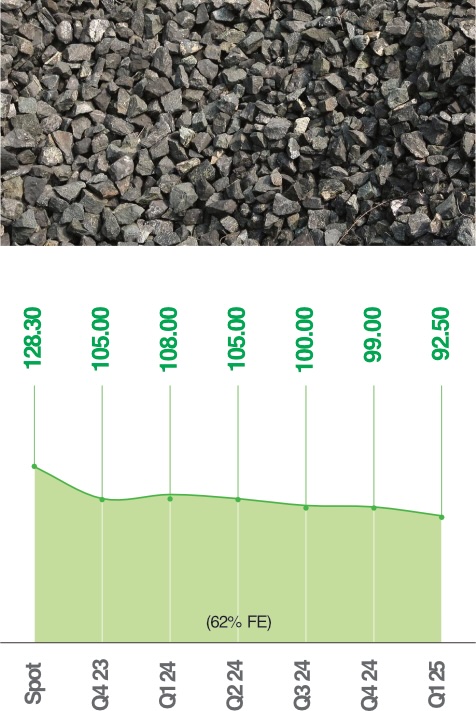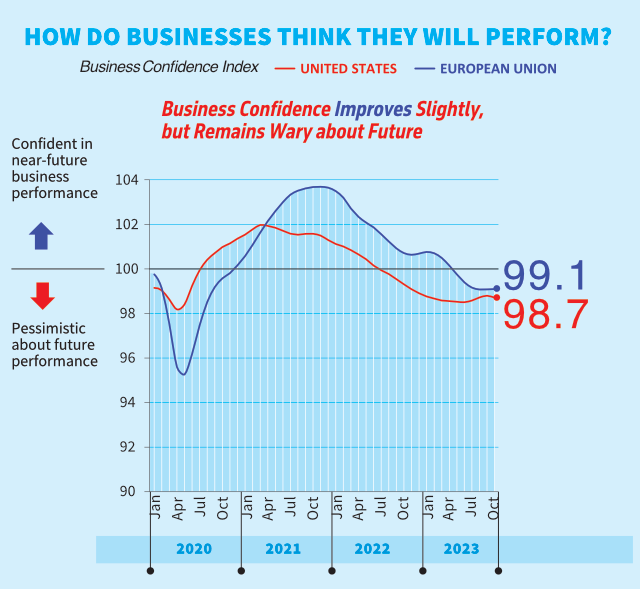An eventful year has gone by. The New Year appeared amid uncertainties, – carried over from the preceding year and emerging. But there are prospects too. The world is no longer in a recession mode and inflation is easing in most countries. But worries remain with wars in two fronts – trade sanctions in place and looming and trade disputes unresolved. Issues like labour standards, environmental compliance are getting louder. Extreme weather events are more frequent now than ever before. As is for Bangladesh, 2024 is an election year for more than 70 countries, including India and Indonesia in the neighbourhood as well as the USA. The new governments around the globe have many things to watch out in the New Year, some may be beyond their control, but most can be addressed or prevented by themselves. Economic Intelligence has picked some of the issues under the topic: What to Watch in 2024 for Bangladesh.
New skills will rule the future job markets – both local and global. Many jobs are diminishing, many are emerging. The transformation is taking place so rapidly that businesses and industries are rethinking their investment in human capital to have the skills they require the most. There are talks on how much of human jobs will be lost to machines, what advanced skills training the workforce will need to stay relevant for future jobs, what will be the private and public policy responses to fast-reconfiguring labour markets. Based on global survey, our research team throws light on these issues in the topic: What Lies Ahead for Global Jobs & Skills, 2023-2027.
The next topic – What’s Weaving in the Global Apparel Economy – looks at how our major competitors in the apparel export market are preparing themselves for a tougher future. They are investing in technologies and infrastructures, signing bilateral and regional trade deals, upgrading workers’ skills and taking care of environment to comply with European Green Deal. These, we think, will be an eye-opener for our apparel industry which is now facing deeper stress than ever before in issues such as labour rights and environment amid rising costs and falling orders.
The third topic deals with one of the most concerning issues for our economy as we rely almost entirely on imports to meet our needs for these products. Any upheaval in the world commodity market means supply disruptions and price hikes of items such as wheat, petrol or cotton required for our households and industries. Factors that cause global market volatility are omnipresent, as if programmed in an unseen calendar, coming one after another—once it is pandemic, then war and sanctions, with more waiting. In this topic, Global Commodity Price Forecasts, our research team has analysed global forecasts and tried to understand the market trend, which our importers and exporters may find useful.
Our next topic looks at consumers and business confidence in the world’s largest markets – EU and USA, which is very relevant for us, our export industries in particular, as they ship nearly two-thirds of their merchandise to these destinations. High inflation in Europe and America is not a concern for their peoples alone, it greatly matters to our businesses, too, as a slump in demand there means a loss in business for our exporters, potential decline in foreign exchange earnings and employment. This is what The Pessimistic State of Big Markets tries to explore.
We also need to know how our partner economies are doing. Here we have selected six of our key partners in global trade in the Partner Economies Outlook chapter.
Finally, in the topic, Bangladesh Macroeconomic Snapshot, our readers will have an overview of our economy based on the latest available data.
WHAT TO WATCH IN 2024 FOR BANGLADESH

What lies ahead for global jobs & skills, 2023-2027
How global business leaders think about investing in human capital
Fastest Growing Jobs
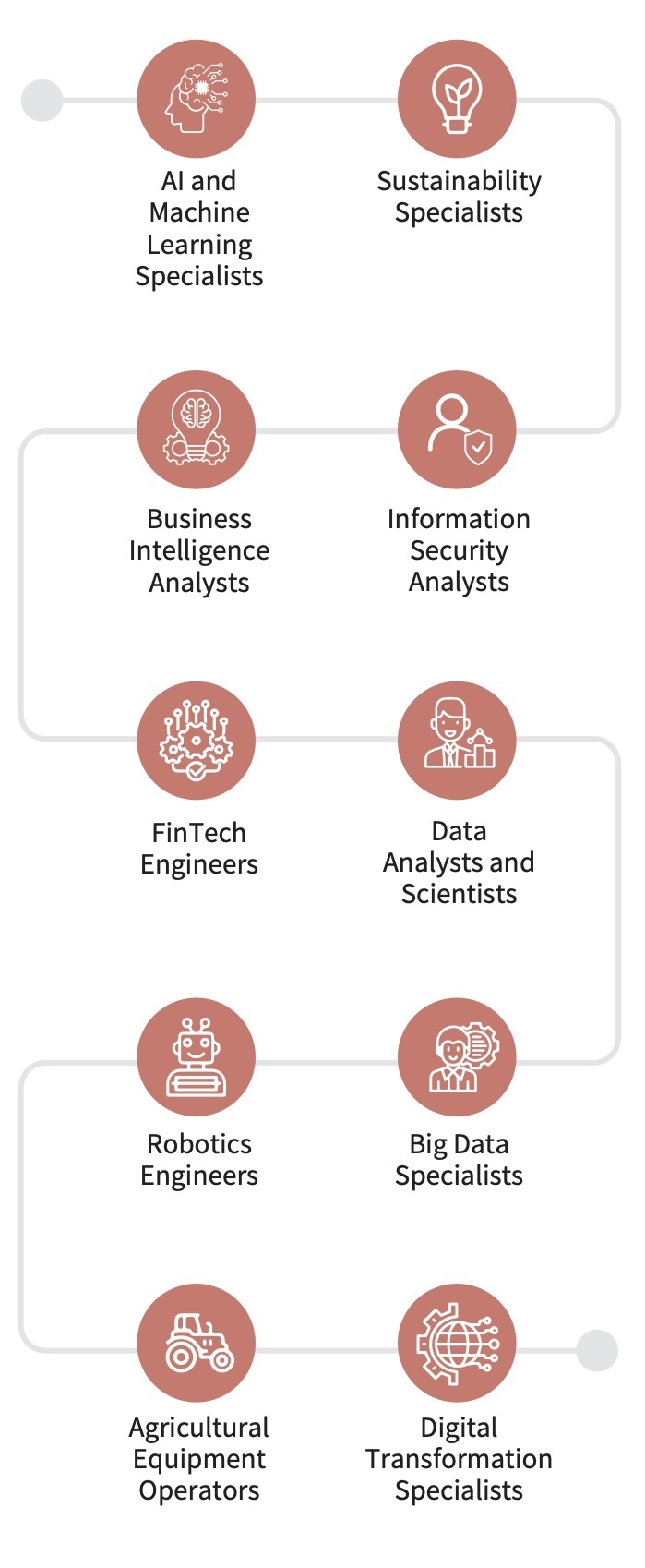
Fastest Declining Jobs
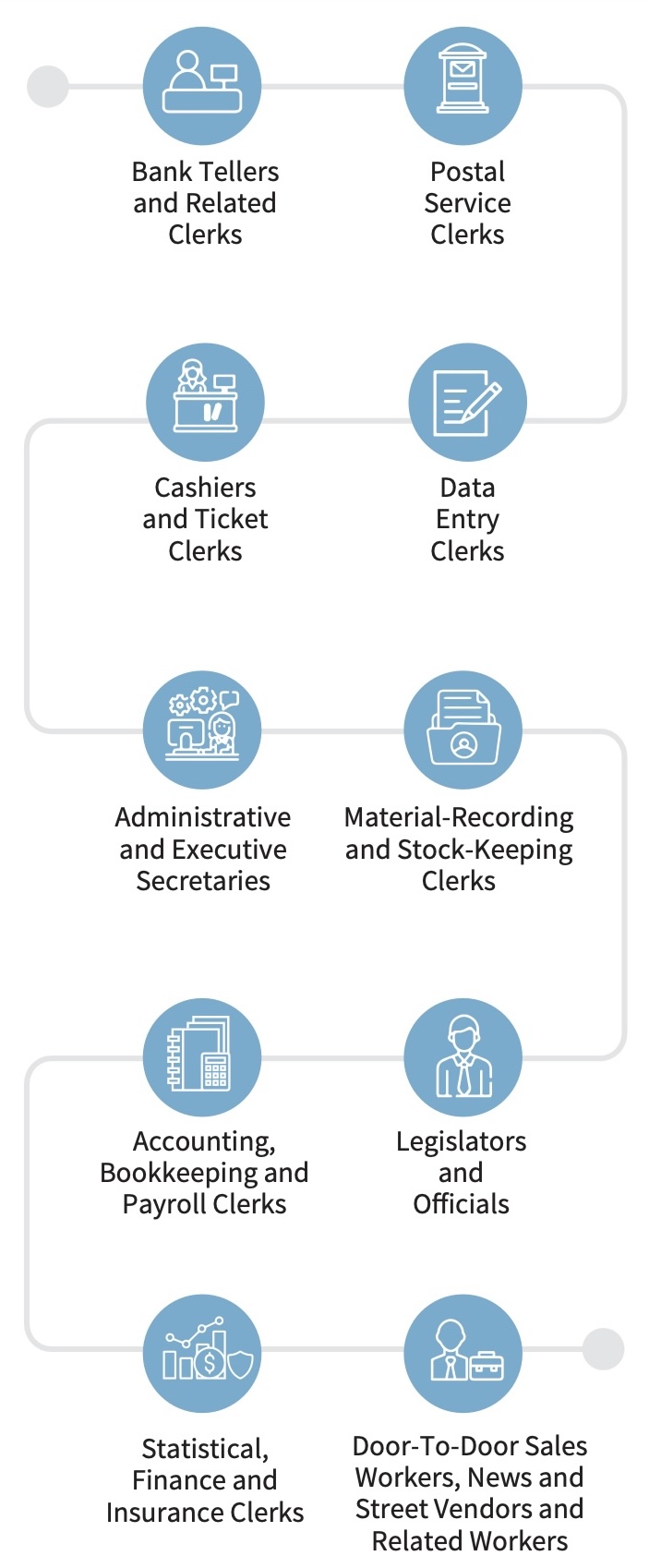

TOP 10 SKILLS ON THE RISE

HUMAN-MACHINE FRONTIER
PROPORTION OF TASKS COMPLETED BY HUMANS VS MACHINES
AS BUSINESSES ADOPT FRONTIER TECHNOLOGIES, TASKS SUCH AS INFORMATION AND DATA PROCESSING ARE INCREASINGLY AUTOMATED, RECONFIGURING LABOUR MARKETS AND CHANGING THE SKILLS NEEDED FOR WORK
BARRIERS TO BUSINESS TRANSFORMATION, 2023-2027
Share of companies surveyed expecting these factors will limit the transformation of their business
Organizations identify skills gaps and an inability to attract talent as the key barriers preventing industry transformation, with 60% of surveyed companies highlighting the difficulty in bridging skills gaps locally and 53% identifying their inability to attract talent as the main barriers to transforming their business
WORKFORCE
STRATEGIES,
2023-2027
Share of companies
surveyed planning to
adopt these workforce
strategies
By a wide margin,
surveyed companies
report that investing
in learning and
training on the job
and automating
processes are the most
common workforce
strategies which will be
adopted to deliver
their organization’s
business goals in the
next five years
PUBLIC
POLICIES TO
ENHANCE
ACCESS TO
TALENT,
2023-2027
Share of companies
surveyed that identify these
public policies as promising
ways to increase talent
availability
Businesses see
funding for skills
training as the
most effective
governmental
intervention for
connecting talent
to employment
World Economic Forum, The Future of Jobs Report 2023
The Future of Jobs Survey brings together the perspective of 803 companies – collectively employing more than 11.3 million workers – across 27 industry clusters and 45 economies from all world regions
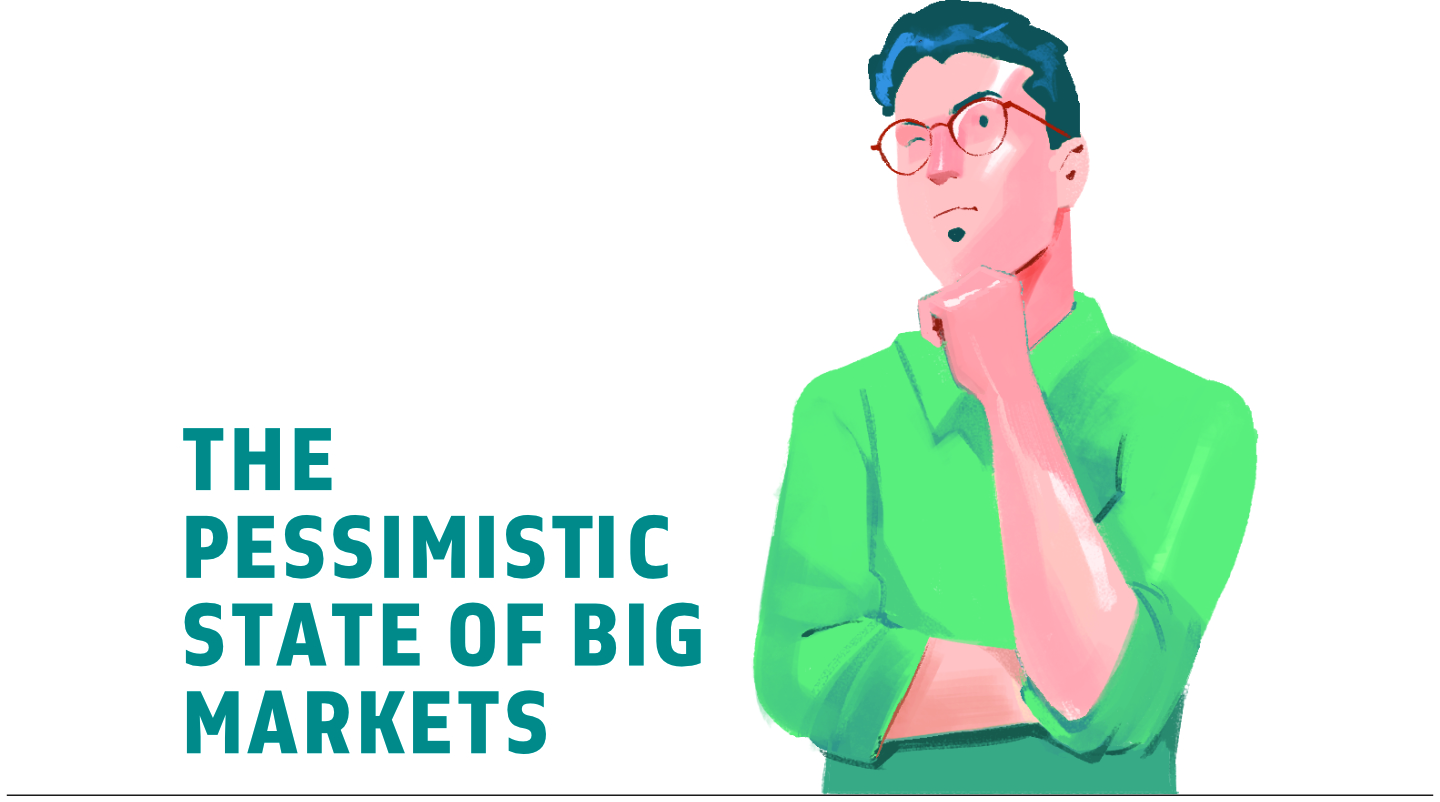
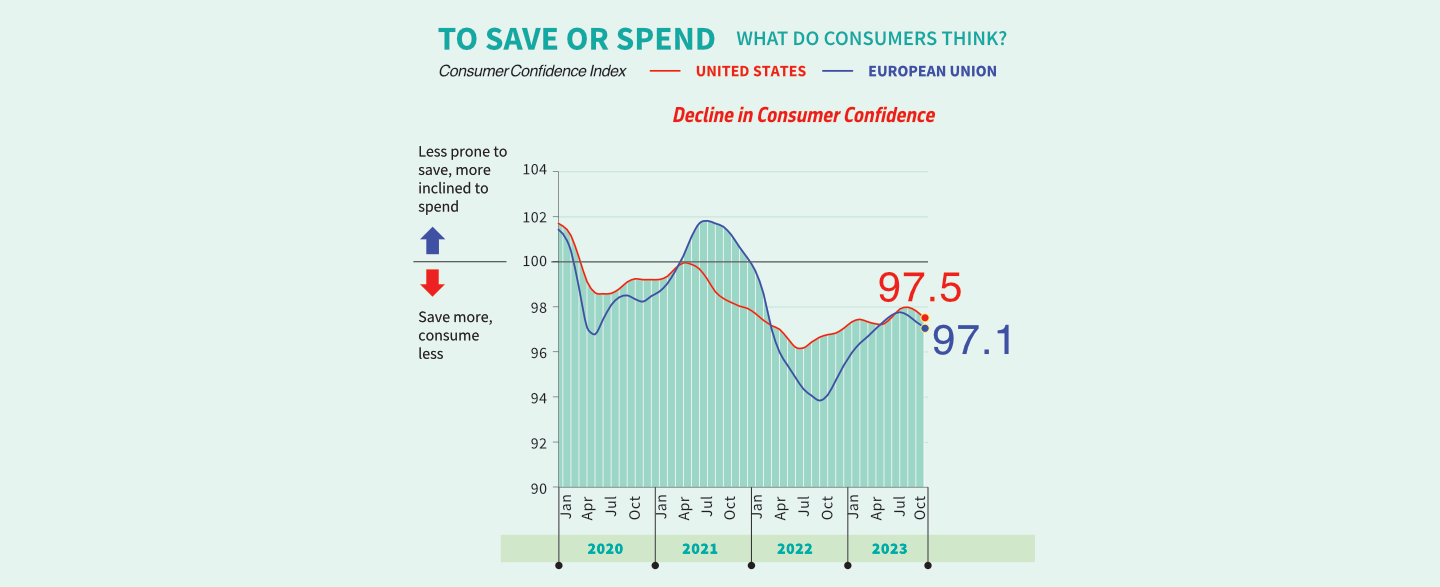
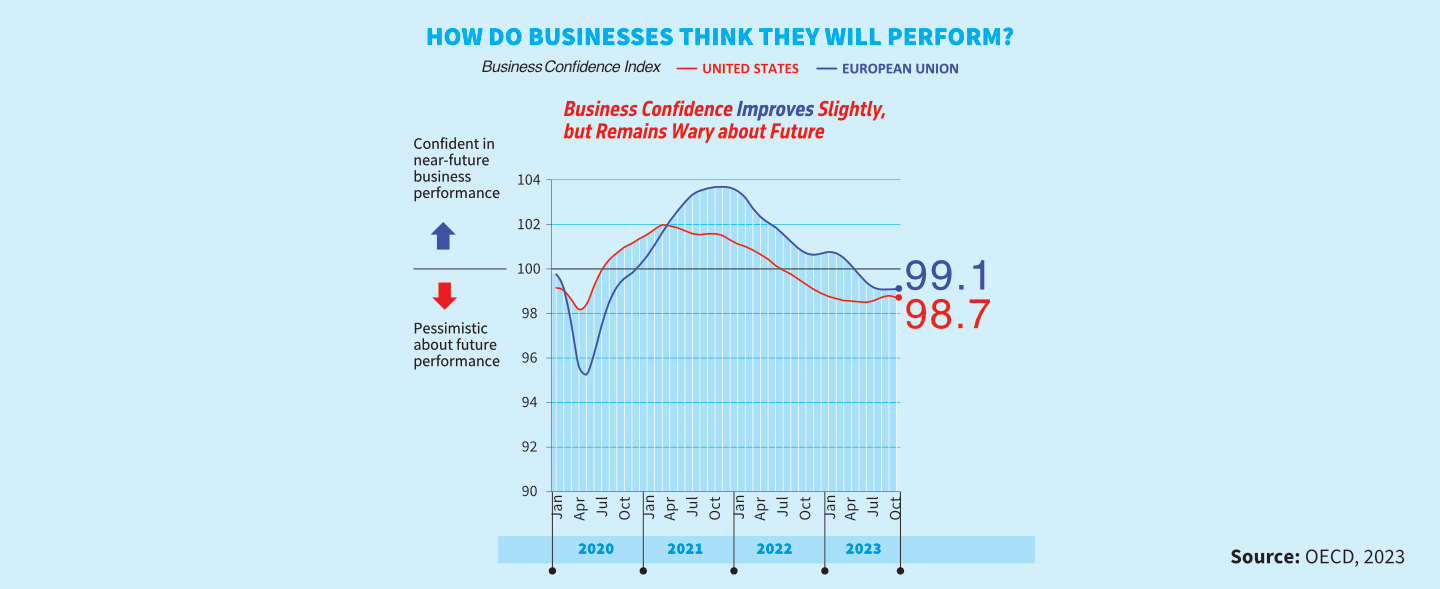

PARTNER ECONOMIES’ OUTLOOK
BANGLADESH’S TOP
EXPORTING DESTINATIONS
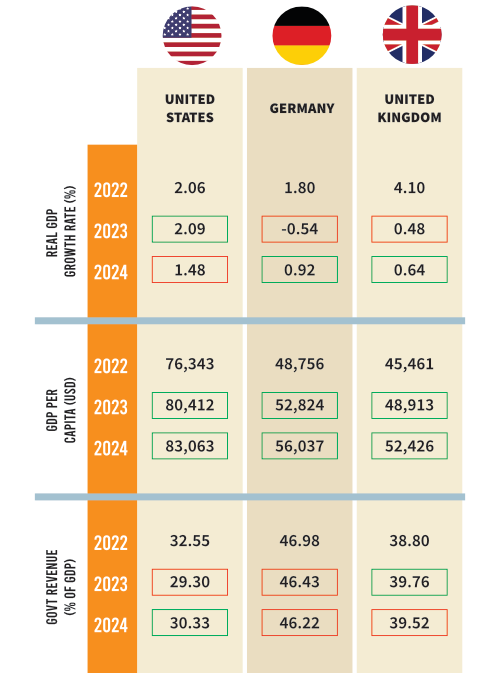
BANGLADESH’S TOP IMPORT
SOURCING COUNTRIES
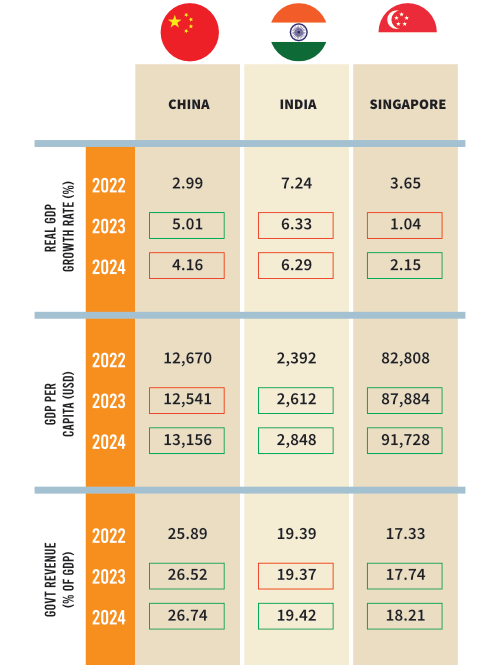
BANGLADESH’S TOP EXPORTING
DESTINATIONS
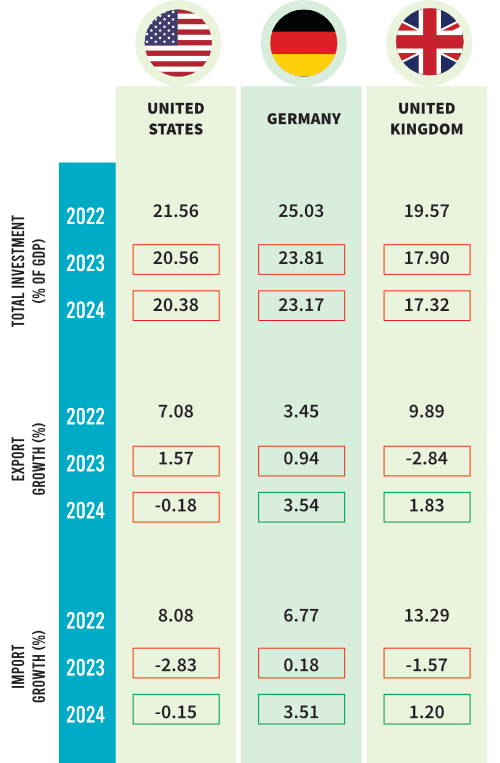
BANGLADESH’S TOP IMPORT
SOURCING COUNTRIES
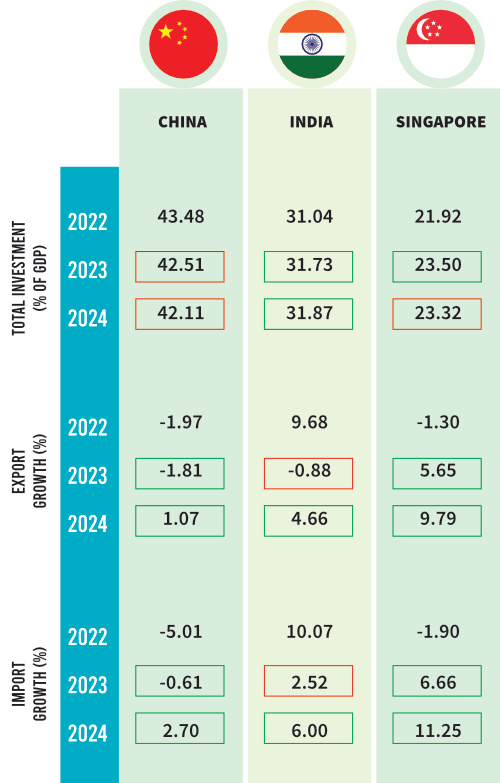
BANGLADESH’S TOP EXPORTING
DESTINATIONS
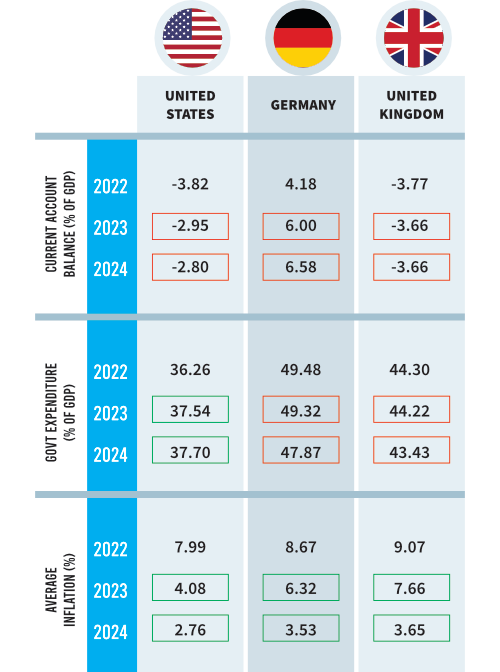
BANGLADESH’S TOP IMPORT
SOURCING COUNTRIES
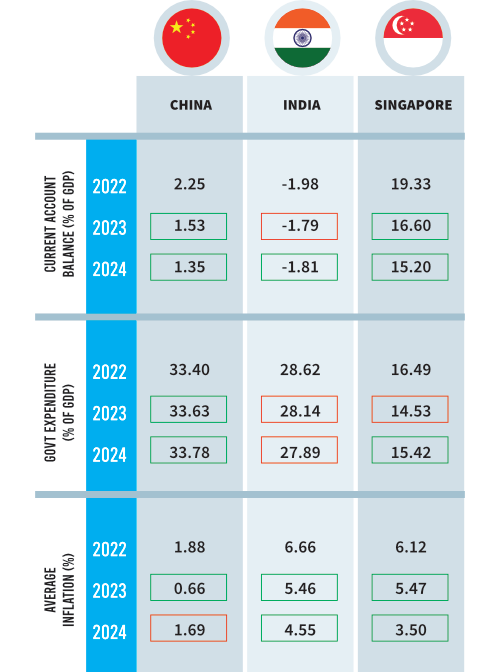
Source: IMF, World Economic Outlook, October 2023

